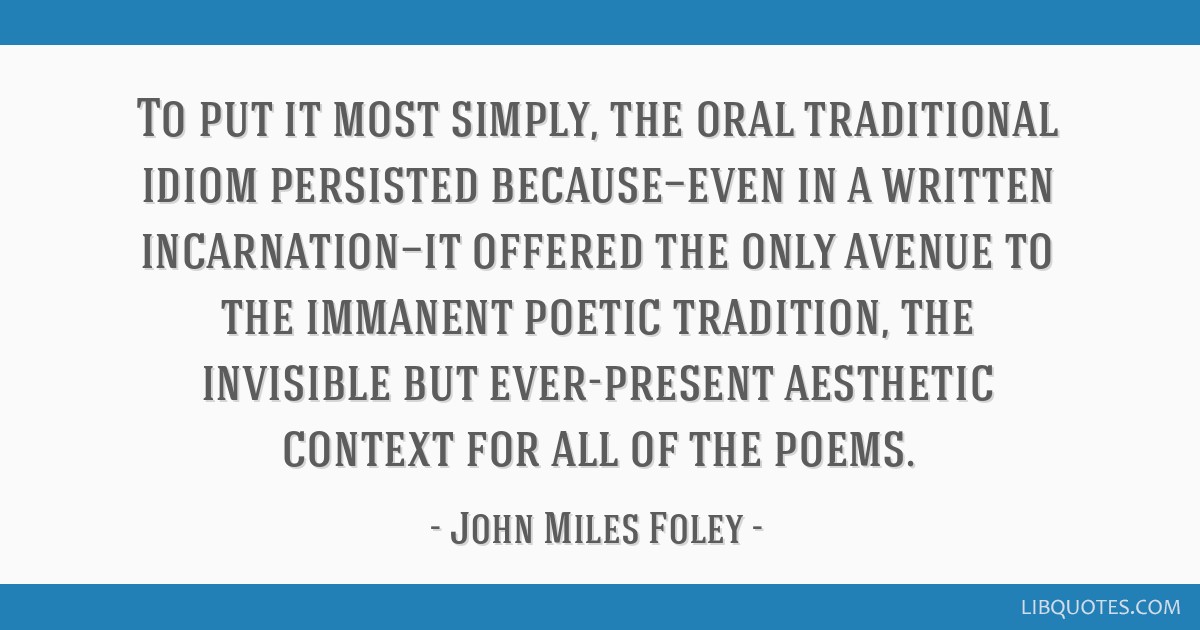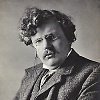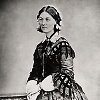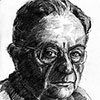To put it most simply, the oral traditional idiom persisted because—even in a written incarnation—it offered the only avenue to the immanent poetic tradition, the invisible but ever-present aesthetic context for all of the poems.
"Texts That Speak to Readers Who Hear: Old English Poetry and the Languages of Oral Tradition", in Speaking Two Languages: Traditional Disciplines and Contemporary Theory in Medieval Studies, ed. Allen J. Frantzen (1991), p. 155























